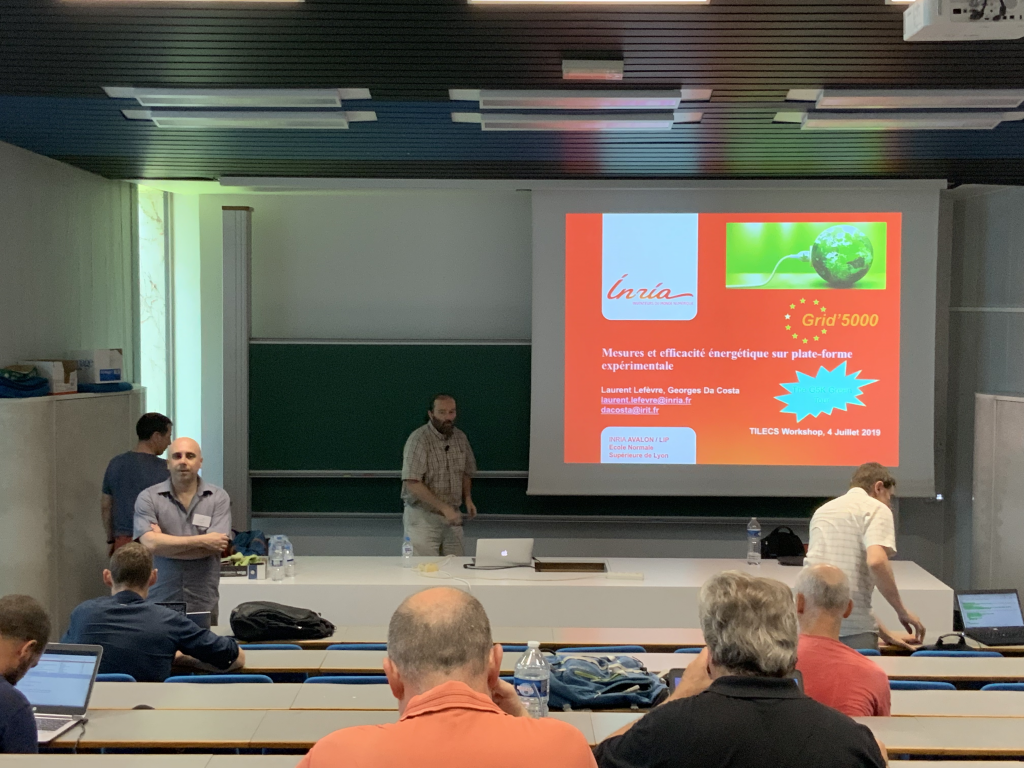2019-07-09
Title: A Throughput Model for Data Stream Processing on Fog Computing
Speaker: Felipe Rodrigo de Souza (LIP, AVALON team)
Location: LIP, Meeting room M7 3rd floor
Schedule: 14:00
Abstract:
Today’s society faces an unprecedented deluge of data that requires processing and analysis. Data Stream Processing (DSP) applications are often employed to extract valuable information in a timely manner as they can handle data as it is generated. The typical approach for deploying these applications explores the Cloud computing paradigm, which has limitations when data sources are geographically distributed, hence introducing high latency and achieving low processing throughput. To address these problems, current work attempts to take the computation closer to the edges of the Internet, exploring Fog computing. The effective adoption of this approach is achieved with proper throughput modeling that accounts for characteristics of the DSP application and Fog infrastructure, including the location of devices, processing and bandwidth requirements of the application, as well as selectivity and parallelism level of operators. In this work, we propose a throughput model for DSP applications embracing these characteristics. Results show that the model estimates the application throughput with less than 1% error.

